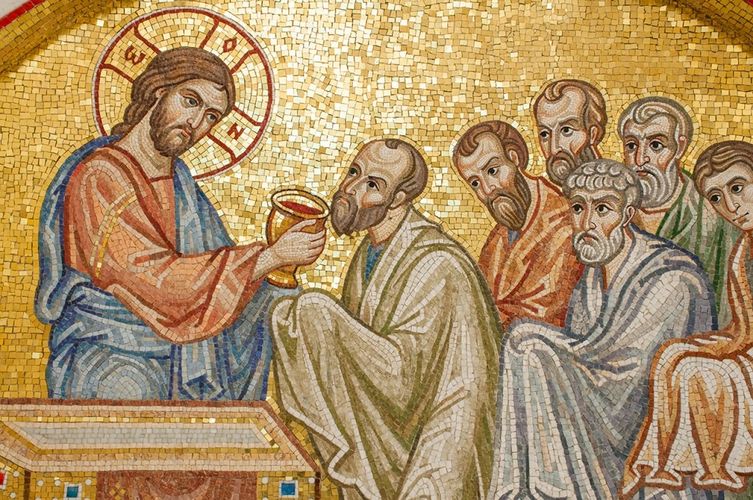

Worship With Us
Our Sunday Schedule is:
9.00 AM Morning Prayer
9.30 AM Holy Eucharist (sung with sermon)
10.45 AM Fun, Food and Fellowship
As much fun, food and fellowship as Anglicans allow themselves to have
4.00 PM - Evening Prayer
Our Sunday morning Liturgy (Morning Prayer followed by the Holy Eucharist) is live-streamed on our parish Facebook page beginning at 9.00 AM each Sunday morning. www.facebook.com/stjosephsnewbraunfels
Wednesdays
11.45 AM - Morning Prayer followed by the Diaconal Administration of Holy Communion
Thursdays, Fridays & Saturdays
11.45 AM - Morning Prayer
12.00 PM - Mass
7.00 PM - Evening Prayer
Partner With Us
Help Our Cause
Your prayers, support and contributions will help us keep a faithful Anglican presence and traditional Anglican worship alive and kickin' here in the Texas Hill Country.
Subscribe
St Joseph's Anglican Church
446 North Seguin Avenue, New Braunfels, Texas 78130, United States
Open today | 10:30 am – 06:30 pm |
Cookie Policy
This website uses cookies. By continuing to use this site, you accept our use of cookies.
.png/:/rs=h:320,cg:true,m/qt=q:95)